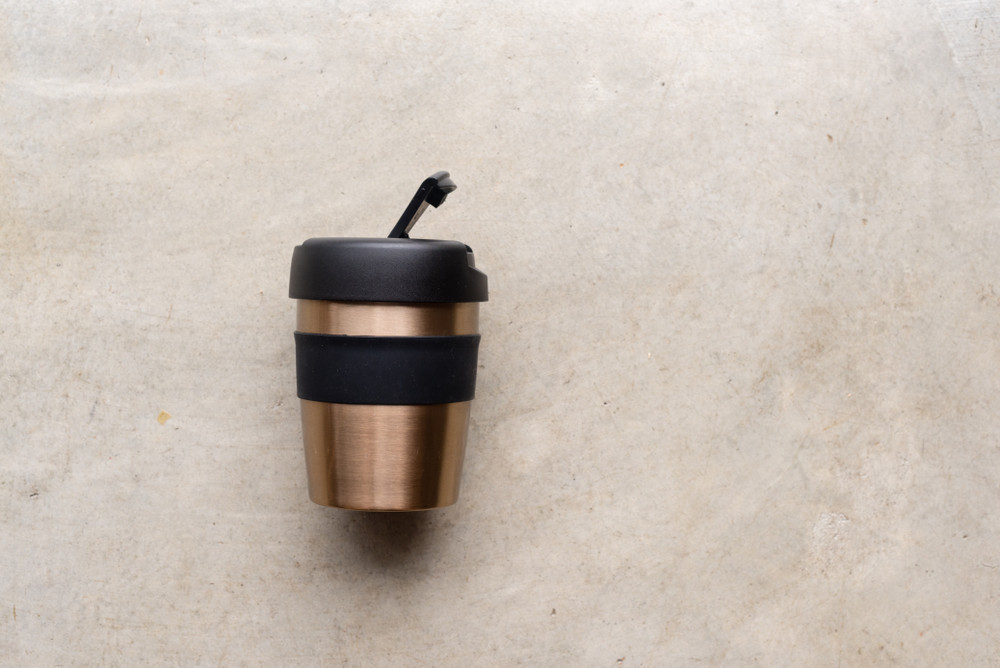Popular Reads
Top Results
Can't find what you're looking for?
View all search resultsPopular Reads
Top Results
Can't find what you're looking for?
View all search resultsSome reusable coffee cups may be more hygienic than others
New research found that if you're switching from a takeaway coffee cup to a reusable option, choosing one which is also antimicrobial could be safer than an ordinary plastic reusable cup.
Change text size
Gift Premium Articles
to Anyone
N
ew UK research has found that if you're switching from a takeaway coffee cup to a reusable option, then choosing one which is also antimicrobial could be safer than an ordinary plastic reusable cup.
Carried out by microbiologists at Aston University in Birmingham, the new study compared the bacteria levels of ordinary plastic coffee cups to specially developed cups containing antimicrobial technology from a company called Biomaster.
Over a period of five days the researchers used a cup once per day and cleaned it in a variety of ways, including: Washing the cup in hot water with detergent after use and leaving it to dry naturally; rinsing the cup under running cold water after use and leaving it to dry naturally; finishing the coffee but leaving the cup to dry naturally without washing it; leaving 20ml of unconsumed coffee in the bottom of the cup which remained until the next use, when the cup was emptied and rinsed with cold water before refilling it.
The researchers found that the plastic cups contained a very high level of residual bacterial even after undergoing the most thorough cleaning regimes.
On the other hand, the antimicrobial technology inhibited the growth of most common types of bacteria by more than 99 percent on the external and internal lid and on the inside of the cup.
The findings are significant considering that the popularity of reusable cups has risen greatly in recent years as consumers become more aware of the effect that throwing away cups can have on the environment.
Read also: Simple ways to slow down your consumption of waste
Major coffee chains such as Starbucks have also offered monetary incentive for customers bringing their own reusable cups for take-away coffees.
A previous study by Aston University also found that that reusable cups can become a breeding ground for dangerous bacteria if they're not cleaned properly, finding that cups left unwashed until the next use pose a greater risk than those rinsed or cleaned shortly after a drink is finished.
The problem is also worse when coffee is taken with milk, cream, or sugar as these additions are the perfect food source for bacteria to thrive.
The antimicrobial material from Biomaster, found in certain ranges from brands such as the UK's Harfield, uses silver, and works in three ways to stop the growth of bacteria. When microorganisms come into contact with the material the silver ions prevent them from growing, producing energy or replicating, therefore causing them to die.
Although the study looked specifically at Biomaster, another more hygienic option is to choose a reusable cup made from bamboo fiber, which also has antibacterial properties, while other brands, such as Life Story, use antimicrobial cork to make their reusable cups.
And while popular brand JOCO doesn't offer antibacterial protection inside the cup, its antibacterial silicone lid and sleeve will help prevent the spread of germs from your hands.











